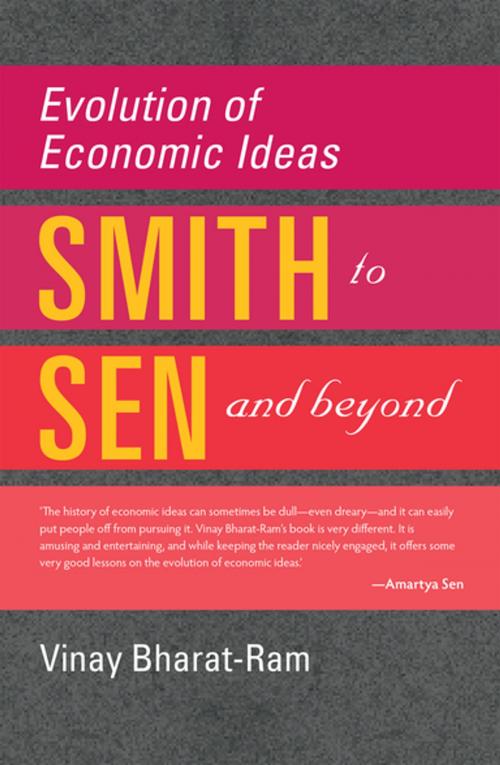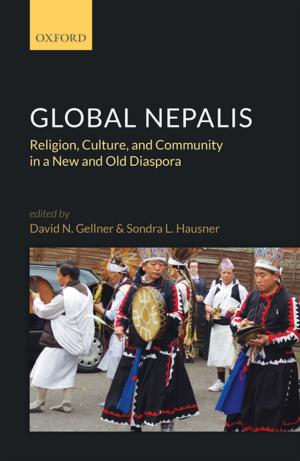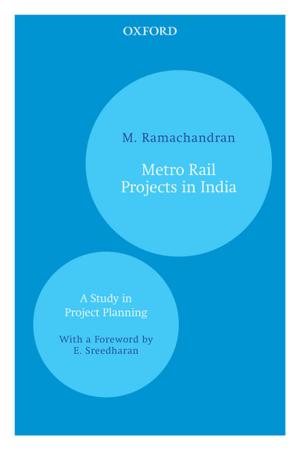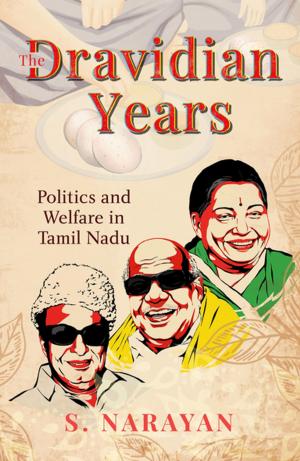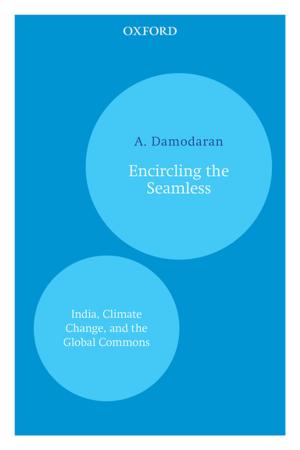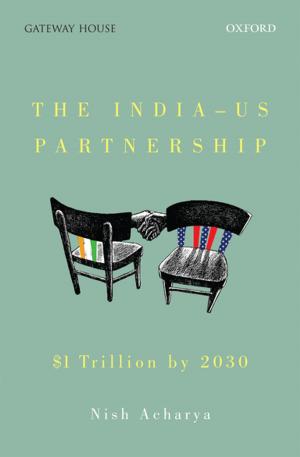Evolution of Economic Ideas
Adam Smith to Amartya Sen and Beyond
Business & Finance, Economics, Theory of Economics, Economic History| Author: | Vinay Bharat-Ram | ISBN: | 9780199089796 |
| Publisher: | OUP India | Publication: | November 17, 2016 |
| Imprint: | OUP India | Language: | English |
| Author: | Vinay Bharat-Ram |
| ISBN: | 9780199089796 |
| Publisher: | OUP India |
| Publication: | November 17, 2016 |
| Imprint: | OUP India |
| Language: | English |
The history of economic thought can be traced to the Industrial Revolution and the 19th-century Great Divergence until which it remained an integral part of philosophy. This book deals with different thinkers and theories to explore ideas that later became the foundation of modern economics. Through the lives and social circumstances of eminent economists from Adam Smith through Marx, Keynes and many others to Amartya Sen and beyond, it establishes that each one was a keen observer of the social conditions of his time. The book adopts a unique approach of not only bringing together the thoughts of such thinkers but also highlighting how they were often vehemently different from one another. Through a narrative inspired by a kind of Socratic dialogue based on the author’s classroom interactions with his students, it discusses the evolution of economic ideas, ending with a look at modern economics in the context of the great recession.
The history of economic thought can be traced to the Industrial Revolution and the 19th-century Great Divergence until which it remained an integral part of philosophy. This book deals with different thinkers and theories to explore ideas that later became the foundation of modern economics. Through the lives and social circumstances of eminent economists from Adam Smith through Marx, Keynes and many others to Amartya Sen and beyond, it establishes that each one was a keen observer of the social conditions of his time. The book adopts a unique approach of not only bringing together the thoughts of such thinkers but also highlighting how they were often vehemently different from one another. Through a narrative inspired by a kind of Socratic dialogue based on the author’s classroom interactions with his students, it discusses the evolution of economic ideas, ending with a look at modern economics in the context of the great recession.
